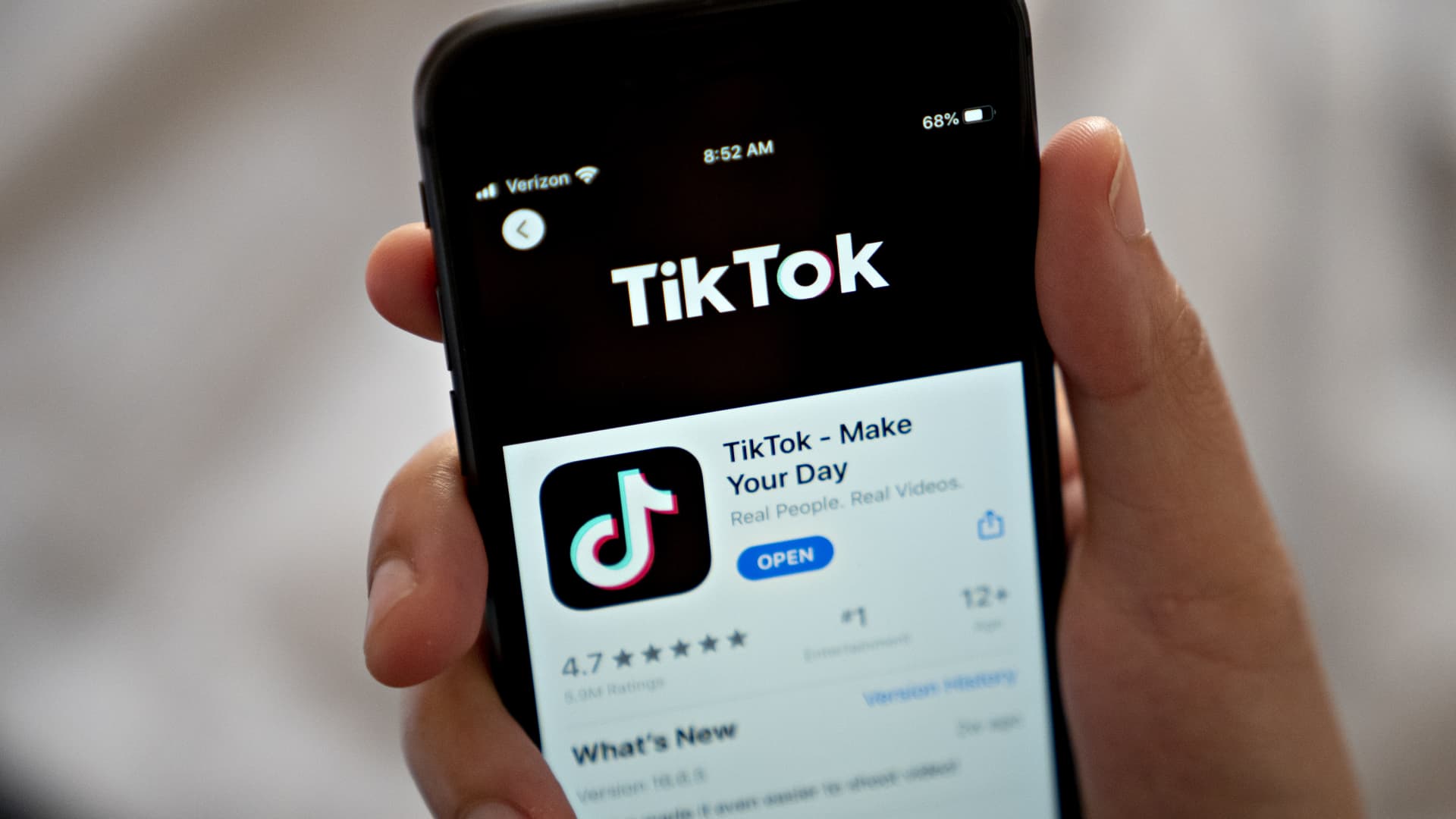Apple’s App Store revenue fell in September as game purchases cooled, Morgan Stanley says


Apple’s App Store net revenue fell about 5% in September, according to Morgan Stanley, the steepest drop for the business since the bank started modeling the data in 2015.
The App Store saw declines in markets including the U.S., Canada and Japan, Morgan Stanley analyst Erik Woodring wrote in a report Monday. His analysis was based on data from Sensor Tower, a firm that tracks app downloads and sales.
Morgan Stanley said the main culprit for the drop was gaming revenue, which was down 14% in September, according to the data. Apple customers may be spending less due to economic concerns, Woodring wrote. Across much of the globe, consumers are facing soaring inflation and recessionary risks.
“We believe the recent App Store results make clear that the global consumer has somewhat de-emphasized App Store spending in the near-term as discretionary income is reallocated to areas of pent-up demand,” Woodring wrote in the note.
Morgan Stanley analysts also expect to see a drop in sales on Google Play, the primary Android app store. They estimate revenue there fell 9% in September.
Apple takes between 15% and 30% of app purchases and in-app purchases made on iPhones and other Apple devices. Apple doesn’t report App Store sales but includes it as part of the services business, which also encompasses warranties and subscriptions such as Apple One. Morgan Stanley expects Apple’s total services revenue to show an 8% increase in the September quarter.
Apple’s services unit has been a focal point for investors, who want to see iPhone and Mac customers spend more after buying their devices. In the June quarter, Apple reported a 12% increase in services revenue to $19.6 billion.
Luca Maestri, Apple’s finance chief, said in July that the company expects less than 12% growth in services in the September quarter because of the macroeconomic environment and the strong U.S. dollar.
Maestri also blamed difficult comparisons to elevated services results during the Covid-19 pandemic.
“Our services business a year ago grew a lot and so also the compare is a bit challenging. So we don’t have a very specific number to give out today,” Maestri said. “Of course, we expect to grow.”
This post has been syndicated from a third-party source. View the original article here.




